Canva vs InDesign. Which one do you presume is the best?
Let’s not presume, though. Let’s look at the facts.
For graphic designers and marketing managers, the brave new vibrant marketing world of content and social media is very demanding. And the material requires realistic diagrams and graphics!
Tons of graphic design programs are available and choose which one would significantly rely on your budget.
Compare the best choice for this article with Adobe InDesign and Canva. They are two tools that serve your purpose in a designer’s toolbox. What is your aim? The question is, what?
Introduction: Adobe InDesign
Adobe InDesign is Adobe’s graphic design desktop publishing program. This is a subscription service that is a software application used primarily to build and produce periodicals, posters, and print media. Adobe InDesign is one of the most common applications on the market.
Introduction: Canva
The design should not be complicated, but we got stuck with costly, challenging apps, somewhere along the way where most people were unable to access the plan. Canva is here to change that with a platform that simplifies design for everyone. Canva lets you transform ideas into beautiful designs with everything that you need. Develop Web or print designs: graphics for websites, submissions, Facebook covers, flyers, posters, invitations, etc.
Ready to head into the Canva vs InDesign comparison?
Let’s dive in.
Canva vs InDesign
Price
Canva is free, with a pay version option. Canva is free. Only by paying a subscription is InDesign open. On the other hand. It is important to remember, however, that older models are available at a one-time discount. Canva gets the point when it comes to price. Move to work with Canva and pay USD 9.95 a month – much cheaper than Adobe’s cloud versions.
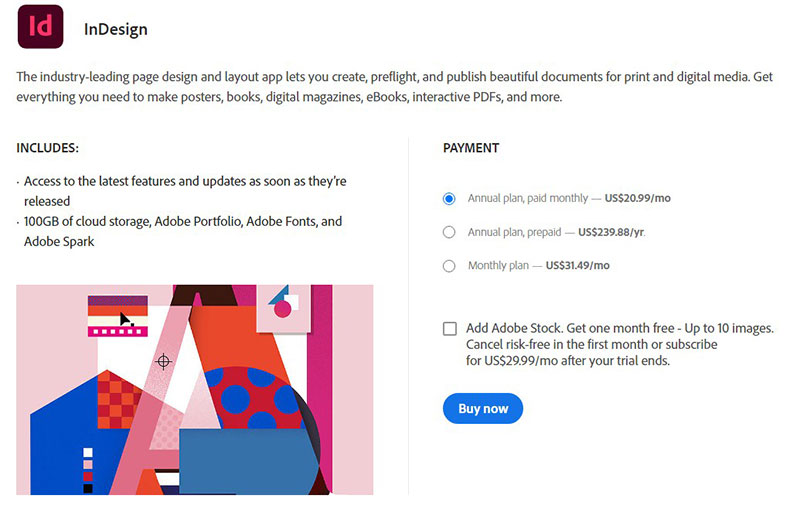
Adobe InDesign Single App Plan can be subscribed for $20.99/month. It is also available for $52.99 a month, bundled with Adobe Creative Cloud, including Photoshop. Adobe InDesign can be checked free of charge, but costs may be paid after completing the trial.
The templates
Surprisingly, Canva is always at the forefront of models, despite being free software. The critical point of Canva is to use templates to promote the design process. This software, therefore, has an immense portfolio for all design applications.
Adobe InDesign has templates, too, and various third-party sources can download additional templates. But the only thing the program focuses on is not premature models. It allows you instead to build your models from the ground up.
Interface
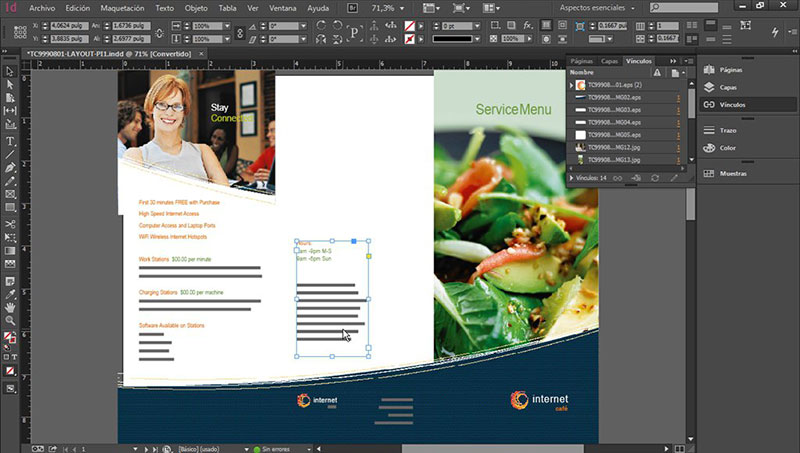
The Canva GUI is simple and easy to use. Multiple tutorials are available on website navigation. You can almost use the website in your sleep after being accustomed to simple controls.
While Adobe InDesign provides more flexibility, its interface is also more complicated. In the first few minutes of an InDesign Tutorial or even in the early few hours, you will not learn how to do it. This makes the curve for the curriculum much steeper — and the time to invest in it.
Speed
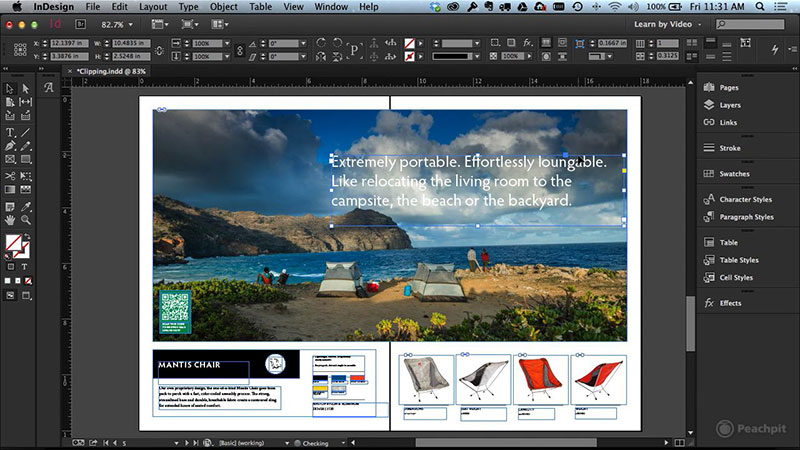
Canva is a speedboat with an easy workflow. Naturally, all that Canva.com can do is applications like Photoshop or Indesign. Yet they can do much more, making them a more extensive, slower “tanker” solution.
Speed is more about design experience than about apps. So Canva is faster to use for beginners in most situations. The UI allows you to keep it comfortable using models and applications, which purposely restricts text and image manipulation. But it could be easier to use InDesign for anyone more experienced.
Font Packages
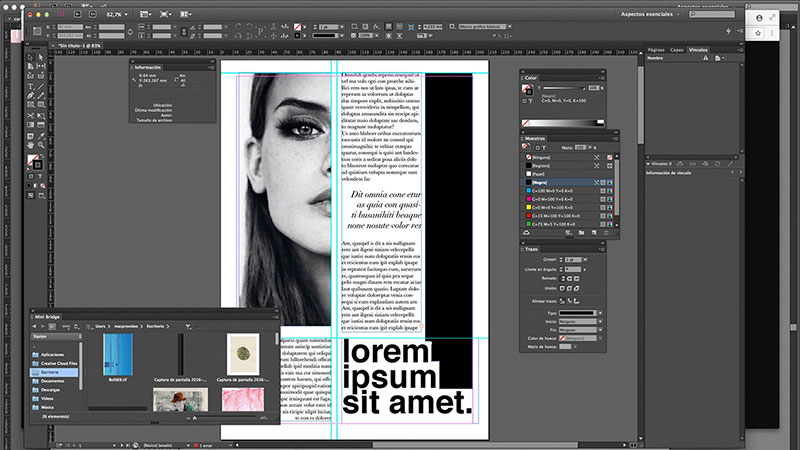
Canva has several options for pre-installed fonts for a free program. You access more than 1000 fonts, more than the standard Canva font with Canva Pro.
These two choices are not as comprehensive as Adobe InDesign, enabling you to use the collection of Adobe’s font. You can also download and install third-party fonts for program use.
Ease of Use
This one is a bit like engine speed. What you try to do depends on it. Canva has a much shorter learning curve, but less can be learned. On the other hand, knowing InDesign can take longer, so what can’t you do? This is a simple tie. Canva is the way to go if you don’t try to get anything too much of it. Possibly InDesign would suit you better if you are looking for something a little more advanced.
The stock image
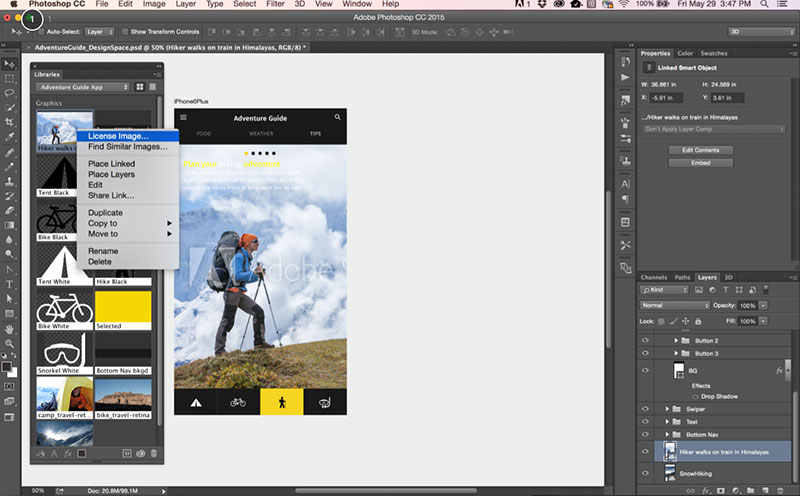
If you visit the Canva Images page, Canva gives you access to stock photos. Depending on the license for such pictures, these images may be incorporated directly into the design. Stock pictures are usually relatively inexpensive.
You can also access Adobe Stock Images from Adobe InDesign directly through the software by searching for photographs. However, these photos may be somewhat costly since the program’s target audience is most designers who work as consultants or represent third-party customers.
Professionalism
InDesign creates more professional documentation based on its templates, and you can create unique designs through the personalization features. Canva is more focused on social media graphics and presentations and is more inclined to a younger audience.
Legal Usage
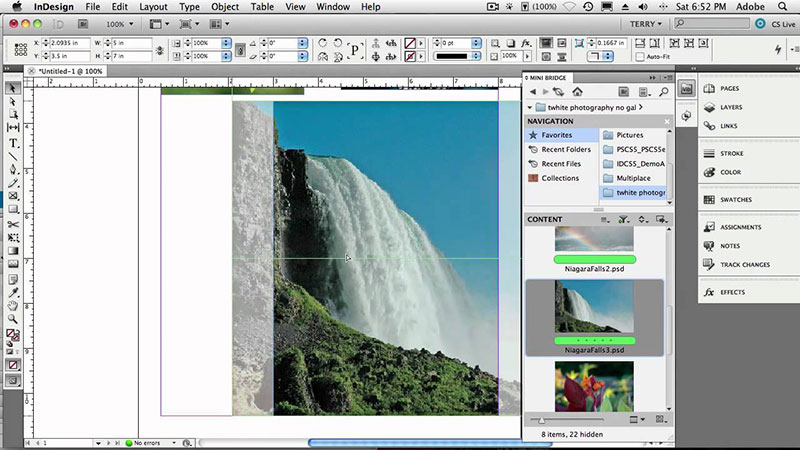
Canva has an unusual language concerning its design elements and how you can use graphics that you have produced with their software. There are several interpretations that you can’t use the Free version of Canva for any business-related item – and not if you want to sell the item using Canva-made elements. Canva Pro and Enterprise have similar verbiage that restricts the use of software built designs.
There is no such verbiage between Adobe Creative Cloud or any of its applications. All you make with Adobe is 100% yours and can legally be used for your business as long as you do not steal anything in this process (copyright laws).
Quality
InDesign takes it by a mile. There is no relation here. The program is downloaded and not modified via the internet as Canva. As such, anything you make can be exported with more personalization at a far higher resolution. Besides, the templates provided in the new InDesign (CC) version are usually more technical.
File Types
The type of files you would need in your design is another thing to be taken into consideration. You can export various files according to your subscription with Canva. You can download a JPG, PNG, or PDF file for any subscription level. These files do not always download crisp and straightforward based on personal experience and hearing from others, which may adversely impact your brand or user experience with your audience.
You can create an infinite number of file types with Adobe Creative Cloud, depending on the program you are using. All of JPG, PNG, PDF, EPS, GIF, TIFF, etc. When exported correctly, these files are still crisp and transparent.
Shareability
As Canva is a cloud-based organization, sharing and collaborating with other individuals is much simpler. Canva is free to use so that you can share your designs without paying for the service. You can also exchange Canva documents through a connection to create a complete presentation via the platform. InDesign can be shared only with those with the same software version as you do.
Canva is a straightforward design tool. Create things as you want them. More than enough features are available to create attractive designs. And best of all, it encourages and directs you as you get the hang. When nothing more than a front and a flyer are required, when several iterations need to be generated rapidly when sophisticated typographical features are required, Adobe InDesign has a better role. Your choice of which platform is better also relates to your level of ability.
The ideal graphic design software is a service that can meet the unique needs of your business. If you analyze many items before deciding which is the best, you will determine which solution works best for your business.
If you enjoyed reading this article about Canva vs InDesign, you should read these as well:
The post Canva vs InDesign. The one you should pick for work appeared first on Design your way.
Source: https://ift.tt/2Y1Jjc3
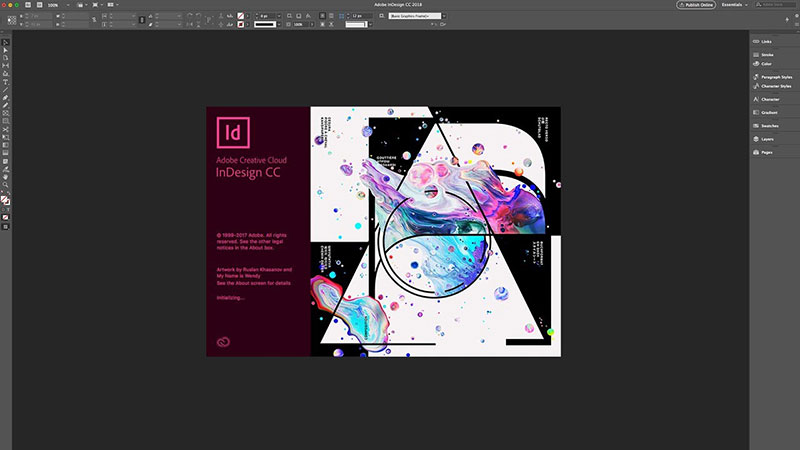
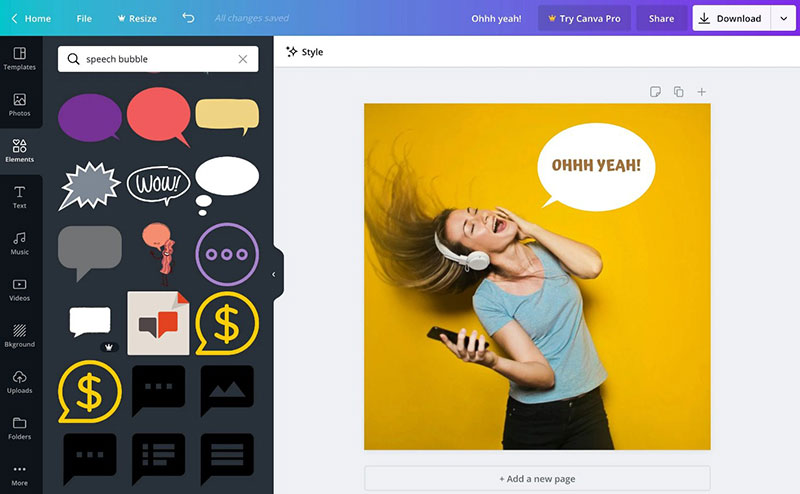
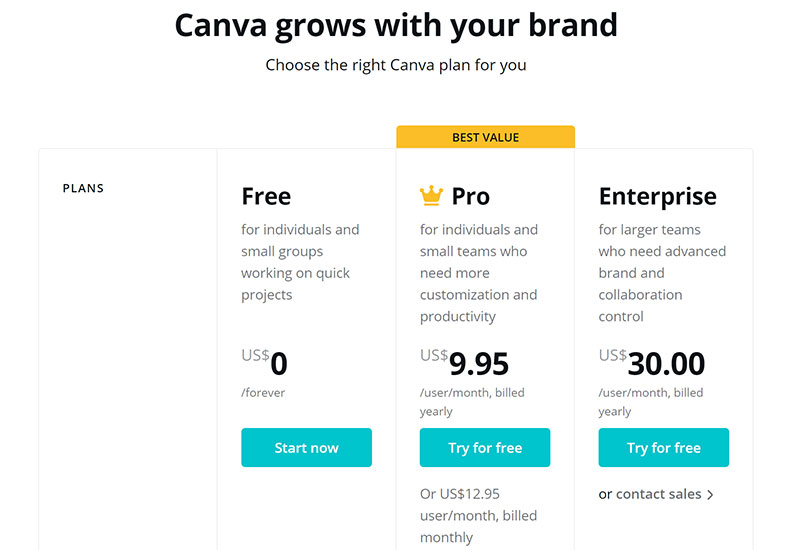
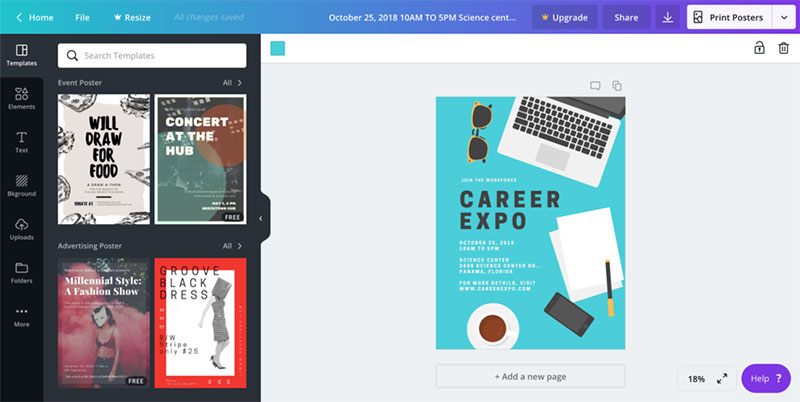
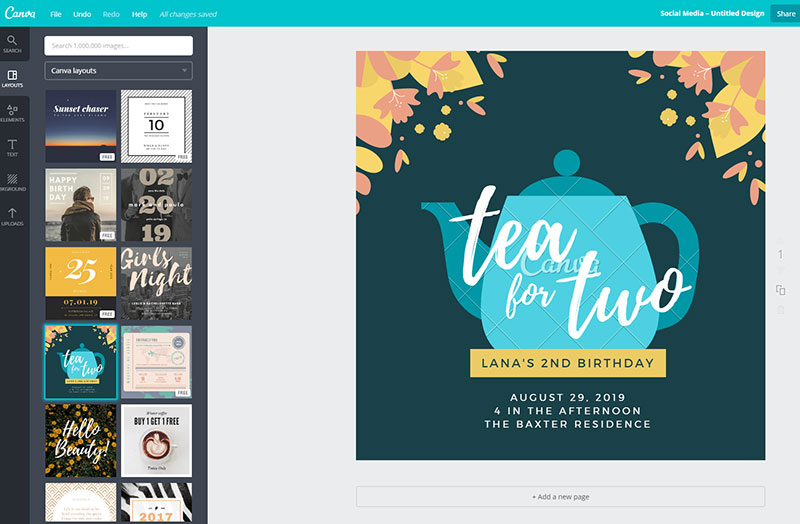
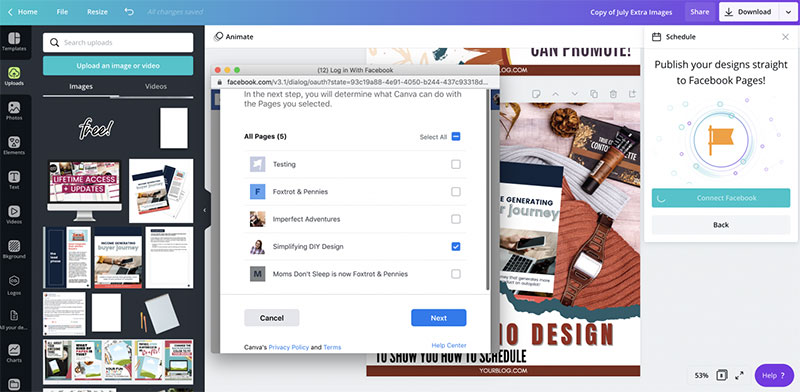
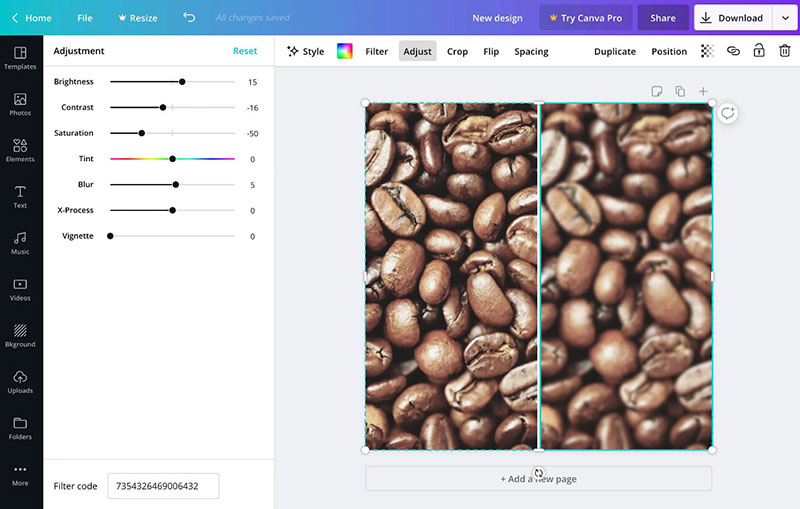
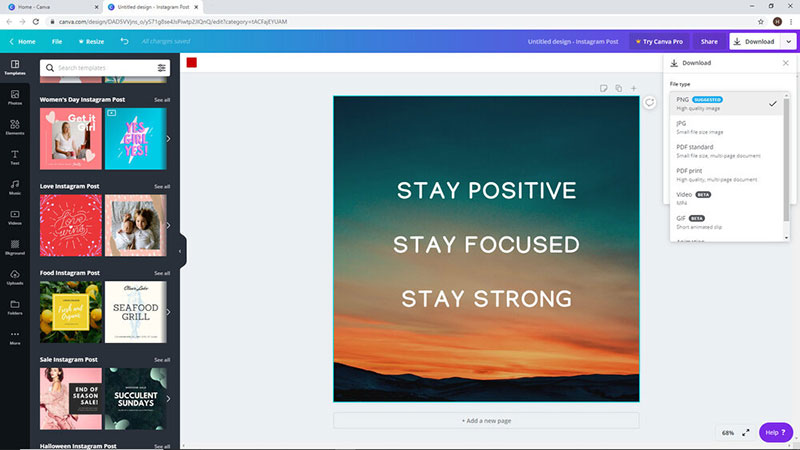


No comments:
Post a Comment